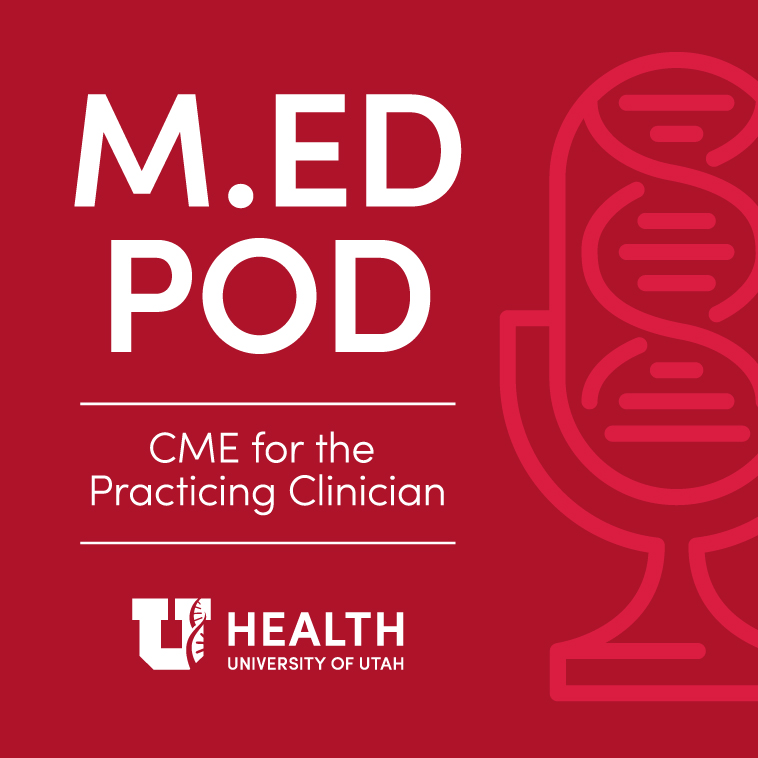

Community Impact
Why is the RUUTE & Regional Affairs program important to the Spencer Fox Eccles School of Medicine?
The University is not only of Utah, but for Utah. By preparing students with an excellent education, students are then prepared to excel in the workforce, thus meeting the needs of Utah communities.
Former Executive Dean, Spencer Fox Eccles School of Medicine , Dr. Michael Good, shares that the University of Utah emphasizes value and quality, resulting in talented faculty, staff, and students who will continue to transform healthcare and medicine.
In Utah, 15% of all Utahans live in rural areas, while only 7.9% of physicians practice in rural locations. Utah is also a state that is continually growing. Utah’s current population exceeds over 3,000,000 and is in the top 10 states for population growth in 2021 and 2022. With a high rate of growth and a disproportionate distribution of providers, an average of 19 new physicians per year will need to replace retiring providers in rural/underserved areas to ensure that healthcare resources are distributed adequately.(1)
Read more of RUUTE & Regional Affair's efforts to positively impact the Utah community in the University of Utah Health's Report To Our Community 2023-2026.
RUUTE and Regional Affairs Definition of Rural and Underserved

Our medical students hail from all regions of Utah, spanning from Washington County to Cache County and everywhere in between. The varied educational experiences of our medical students not only enhance their learning but also benefit the entire state by producing physicians who deliver medical services, bolster community resources, and stimulate economic growth.
Research indicates that both nature (i.e., rural upbringing) and nurture (i.e., rural-focused medical education) are important for increasing the number of practicing rural providers.(2) For example, a student from a rural area who receives multiple years of rural medical training would be 10 times more likely to practice in a rural setting.
Intensive rural curriculum and community preceptorships have been shown to increase the rural recruitment rate by 59%. Similarly, educators and experts from the National Rural Health Association, have identified five key program elements for rural program success;
- admitting the right student
- included curricula elements that occur and are required in rural training sites
- establish a cadre of rural physicians who are dedicated to education of their successors
- secure financial and relational support for the program
- evaluate program progress.(3)
All of which are being done through the RUUTE & Regional Affairs program.
References
- Utah Medical Education Council. Utah’s Physician Workforce – 2016: A study on the supply and distribution of physicians in Utah.
- Brookes RG, Walsh M, Mardon RE, Lewis M, Clawson A. The Roles Of Nature And Nurture In The Recruitment And Retention Of Primary Care Physicians In Rural Areas: A Review Of The Literature. Academic Medicine 2002; 77(8): 790-798.
- Downey LH, Wheat JR, Leeper JD, Florence JA, Boulger JG, Hunsaker ML. Undergraduate rural medical education program development: focus group consultation with the NRHA Rural Medical Educators Group. J Rural Health. 2011;27(2):230-238. doi:10.1111/j.1748-0361.2010.00334.x
CONTACT US
Please contact the RUUTE Team with any questions, concerns, or suggestions.
Email: RUUTE@umail.utah.edu
